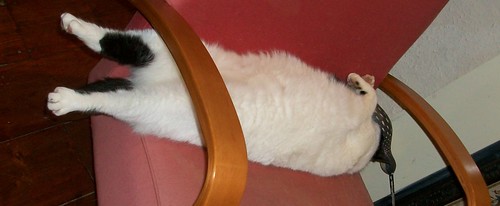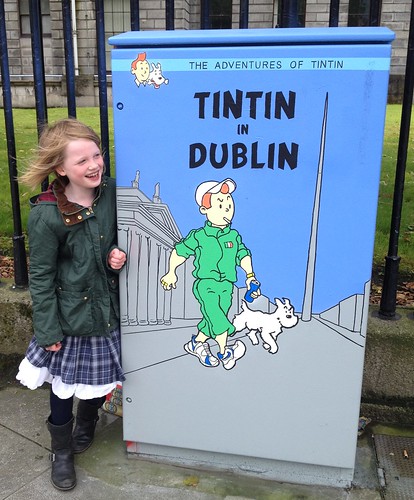The boys were playing on the computer and the Princess and I were watching this video about bullying on my phone:
She found Stephen Colbert absolutely hilarious [can’t see it myself but I understand I’m in the minority]. The boys had wandered over from their video game at this point to see what was so funny. They all asked could we see any more videos. I know a lot of Colbert’s stuff can be a bit risqué so I flicked through the offerings on youtube and saw that he gave a commencement speech at Northwestern University. Surely that would be safe enough. It started off tamely. The children found it hysterical. Colbert referred to the students’ proud parents and grandparents. All was well, until about 8 minutes in. That was when he started talking about sex. The children wrested the phone from me, still laughing hysterically. And then, it moved back to safer waters; all was well. Another couple of alarming seconds followed at 11.53 but then back again to firmer ground. Just when I thought it was safe to go back in the water, he hit a final great moment at 19.45.
What was the first question Michael asked his father when he came home from work that evening: “Daddy, what’s a brothel?”











